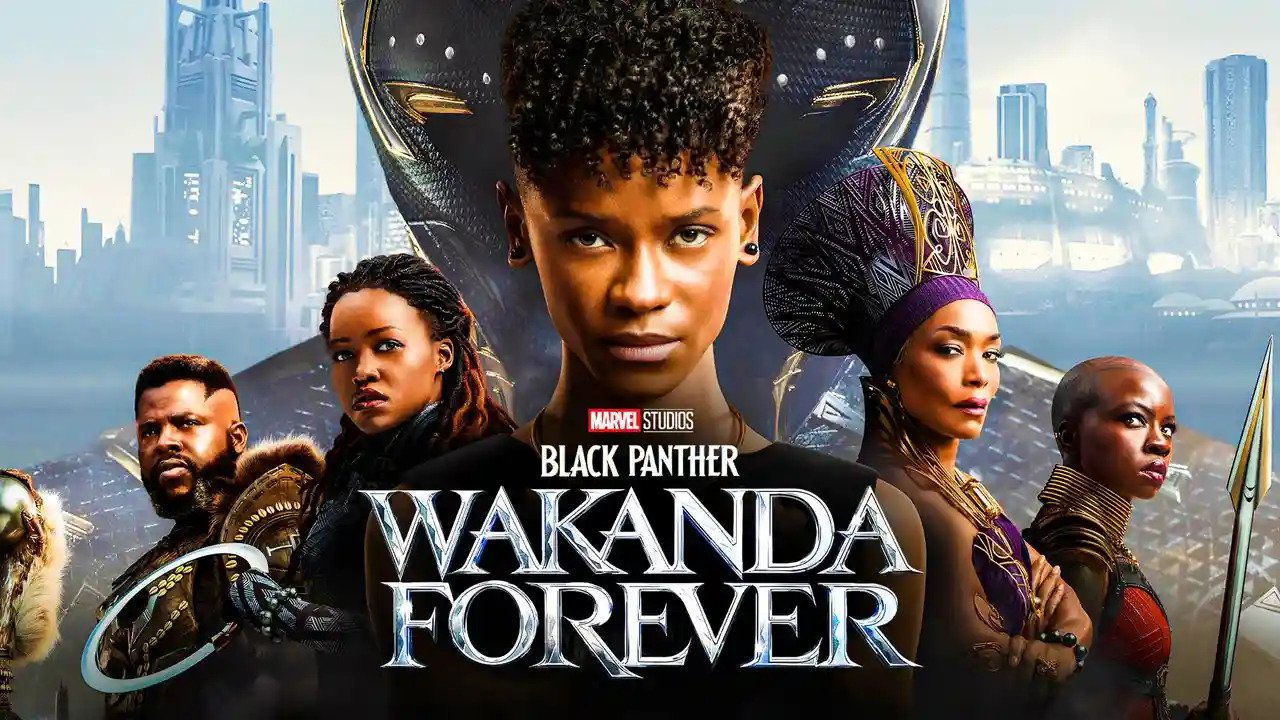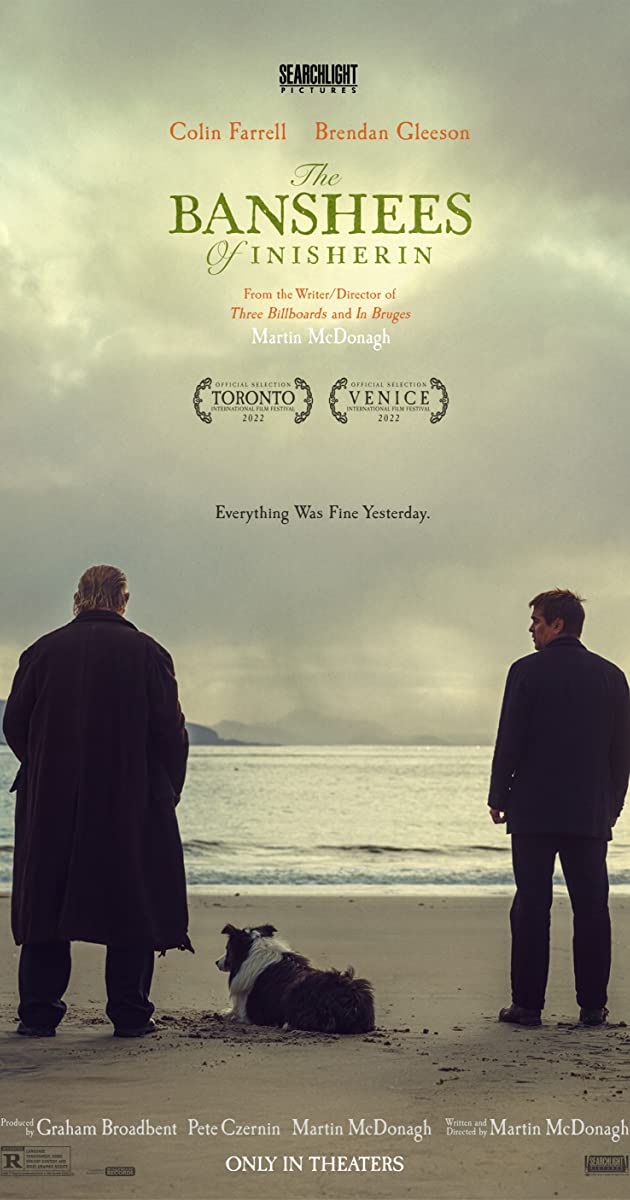Avatar: The Way of Water
Posted on December 14, 2022 at 5:46 pm
B +| Lowest Recommended Age: | High School |
| MPAA Rating: | Rated PG-13 for sequences of strong violence and intense action, partial nudity and some strong language |
| Profanity: | Some strong language |
| Alcohol/ Drugs: | None |
| Violence/ Scariness: | Extended, intense, sometimes graphic peril and violence, characters injured, sad death of a family member |
| Diversity Issues: | A metaphorical theme of the movie |
| Date Released to Theaters: | December 16, 2022 |
| Date Released to DVD: | June 19, 2023 |

Time has passed since the end of the first film. Onetime human soldier Jake Sully (Sam Worthington) is living blissfully with Neytiri (Zoe Saldana), among the “forest people,” in an Edenic environment of gentle peace with their community and with the land. They have four children, two older boys, a little girl, and an adopted daughter, Kiri, daughter of Dr. Grace Augustine. voiced by Sigourney Weaver, who played Dr. Grace Augustine in the first film. Kiri is the late Dr. Augustine’s daughter. No one knows who her father was. A human boy nicknamed Spider (Jack Champion) is almost another family member, though he must wear a mask on Pandora in order to breathe. Spider’s father was Miles Quaritch, the first film’s human villain, played by Stephen Lang.
Miles is back, now as an avatar, too. The human “sky people” are no longer seeking just Pandora’s precious ore. They now represent the most popular category of movie bad guy in 2022: colonists. He is charged by his commanding officer (Edie Falco) to conquer the natives, and he vows to kill his former fellow soldier, Jake Sully.
As with the first film, the Pandora natives are portrayed as idyllic indigenous people and the humans, with the exception of the kindly lab staff, are mostly brutish and greedy. Their invaders have machine guns and explosives and no compunctions about using children as bait. The Pandorans have spears and arrows. And pure hearts. Cameron is not known for subtlety or depth of character. There’s a reason his most famous character is a cyborg whose breakthrough film had him utter just 17 lines of dialogue. This movie would have been better with less talking, too.
But Cameron is known for spectacular visuals, and “Avatar: The Way of Water” delivers that and then some. When the Sullys leave their home with the forest people and seek asylum with the teal-skinned water people (reminiscent of the recent “Black Panther: Wakanda Forever”), much of the story moves on and in the ocean and Cameron’s endless love for that environment is evident in every breathtakingly gorgeous detail, thrillingly immersive in IMAX 3D with Dolby sound. The undersea creatures are spectacularly beautiful and the underwater movements are graceful and balletic or intensely suspenseful as the story demands. Kiri, who loves her family but has always felt something of an outsider, finds her home in the water so believably we begin to feel that way, too. The building blocks of the storyline may be very basic, but the environments where they take place are glorious.
By the end of the movie, the Pandorans no longer seem like giant super-models, with their elongated, slender bodies. They seem like the normal ones and the humans seem tiny and awkward.
The story is just a scaffolding for the world-building. That may make it more of an experience than a movie, but the experience is a fun place to visit.
Parents should know that this film has extended and intense peril and violence. A young character is killed. There are graphic images including a severed arm, dead bodies, and impaled combatants. Characters use some strong language and the costumes are skimpy. There are mild sexual references including questions of paternity.
Family discussion: What circumstances today present the same issues that the Sullys and the water-based Metkayina clan have to consider — protecting their group or caring for those in need, wanting to be peaceful when faced with violence? Does your family have a motto? How are the two Sully brothers different and why?
If you like this, try: “Avatar,” and get ready for three more sequels!








